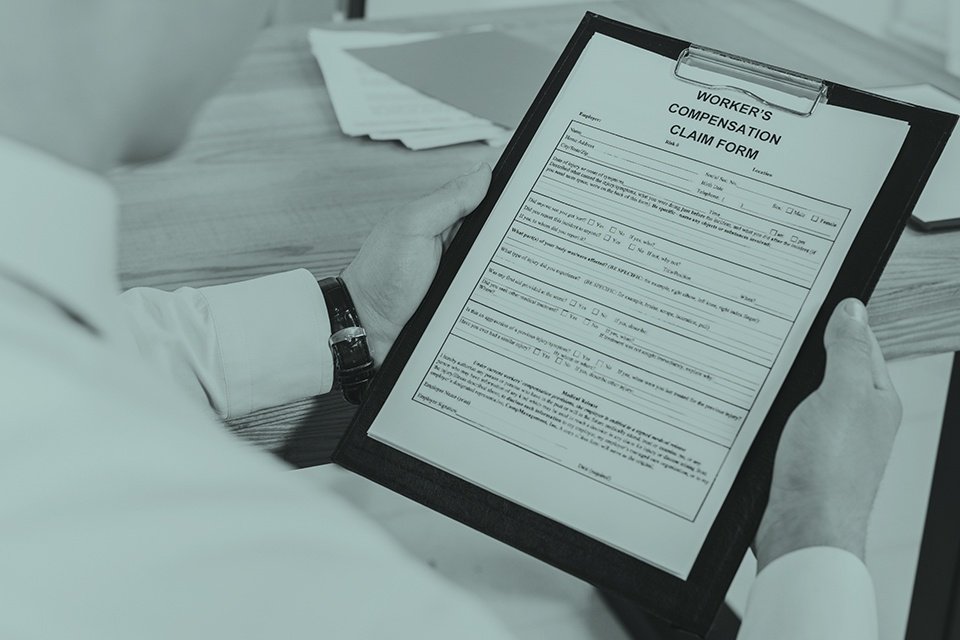
Guiding you
to better
We make personal
injury law simple.
Welcome to Polaris Lawyers, a personal injury law firm based in Victoria. We’re here to guide you to better and get you the outcome you deserve. Backed by our 'no win, no fee' promise, we’re in your corner, translating legal jargon and helping you get your life back on track.
Our services
Here’s how we can help you
-
Injured in a road or motor vehicle accident? You might be entitled to TAC benefits, including wages, medical benefits, and lump sum compensation. We're here to guide you through the claim process so you can focus on getting your life back on track.
-
Getting hurt at work can be tough. We’re here to make the WorkCover claim process easy and stress-free and to ensure you get the compensation and support you need to heal and move forward.
-
When medical treatment goes wrong, it can be confusing and stressful. We help you understand your rights and guide you through the complexities of medical negligence claims.
-
If you’ve been injured because of someone else’s negligence, whether from slips, falls, or other accidents, you may be entitled to compensation. We guide you through the process, ensuring your rights are protected and your voice is heard.
Why us?
There are plenty of reasons to choose us – here are a few
Free initial meeting
Start with confidence, knowing your first consultation is on us.We come to you
We offer our services where and when you need them.Clear advice
We demystify legal jargon, providing straightforward and honest guidance.No win, no fee
You get top-notch representation without the hidden costs.Lifetime support
Our commitment doesn’t end with your case; we offer ongoing help.
Our team
With decades of combined experience, we know our stuff
Our dedicated team combines big-firm expertise with personalised service. They have the know-how to get you the best possible outcome.

Kind words
What our clients have said about us

What next?
Here’s how to get started
-

1. Get in touch
Reach out for a free consultation. We listen to your story and provide expert advice, ensuring you feel understood and supported from the very first step.
-

2. Gather information
We conduct a thorough investigation, collecting all evidence relevant to your case, including medical records, accident reports and witness statements.
-

3. Evaluate claim
We assess the details of your case to determine the best course of action. We will explain your options carefully and outline the next steps.
-

4. Submit claim
We manage all aspects of submitting your claim, dealing with the paperwork and insurance companies. This lets you focus on your recovery.
-

5. Achieve resolution
Whether through negotiation or litigation, we work tirelessly to advocate for your rights and achieve the best possible outcome. We’re about getting results without the run-around.
-

6. Continue the support
Our commitment to you doesn’t end when your case is resolved. We stick around to offer you ongoing support and advice.

Ready to take your first step towards resolution?
Contact us today to schedule your free initial consultation and let Polaris Lawyers guide you to better.

































